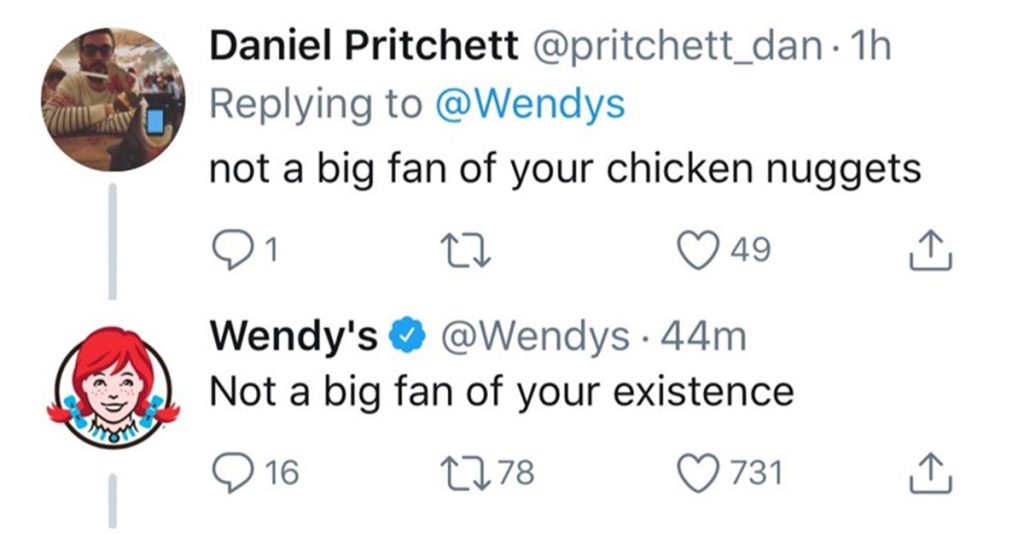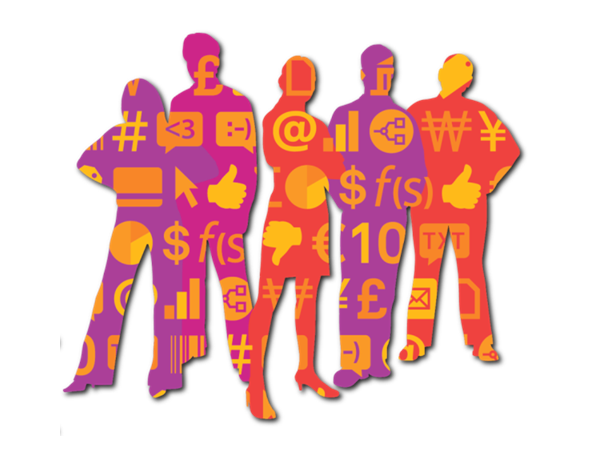Some people use the internet to let out their true thoughts and opinions- some people use the internet to perform. For every post you make on Social Media- every little thing you do online- you may think about how people will view that action. That post. That tweet.

People online rarely act as they do in real life. For example you may see people posting certain opinions online (whether consciously or unconsciously) that they would never say out loud or act on in person. People may act a certain way on Tiktok or on livestreams that they would cringe at in real life. The advent of social media makes you wonder who is the genuine person and who is the actor.
When around different people we tend to act differently. For example around my close friends I can be very outspoken and often act out in ways I wouldn’t around those I’m not close with because I’m most comfortable around them. In a classroom setting I am generally softer spoken, am more polite and try to make small talk where I can.
This can be applied online too; on a personal account your family members follow you would likely not want to talk about certain things you may say on a more open account with a larger follower base your family members don’t know about.
āIdentity is the essential core of who we are as individuals, the conscious experience of the self insideā
– Gershen Kaufman
You cannot have an identity without being conscious of that identity. For example; I am a transgender man. I am conscious of this fact about myself every day of my life both in reality and online. It is an important part of my identity in both settings- it’s personal and in some cases my identity is politicised. Me and many others often use social media as an outlet to talk about our identities, our issues, and our opinions. This could be seen as a form of self expression but also of performance.
I should say that it is hard to present yourself in one clear cut certain way to a large audience. Acting in a certain way on purpose is also not necessarily dishonest- it may just be the best way to get the point across.


One question we should ask: are our identities being commodified online? In some cases yes- large companies, brands, and influencers can take advantage of these identities. Look at “Wendy’s” for example, a company that saw a huge boom in sales after memes about the brand’s twitter account ‘roasting’ people started to spread online. After that other companies started to do the same. This is a prime example of a company taking advantage and constructing an identity to further their image and sales.
To conclude; we are all examples of how we construct our identities however we are all different in how we communicate those identities. We package and arrange our interactions with others in ways that we believe will be the most beneficial for us and them- no one acts the same in front of their parents as they do their friends for example.
These identities are shaped by the world around us and our daily interactions.
They intersect in real life and online.
References:
- The mediated construction of reality: society, culture, mediatization: “Media and the Communicative Construction of the Social World“ – Nick Couldry; Andreas Hepp, 2017
- Media and communication: “Communication as interaction” – Goffman and Garfinkel, 1950-1970
- The Presentation of Self in Everyday Life – Goffman, 1956
- Stigma: Notes on the Management of Spoiled Identity – Goffman, 1963

